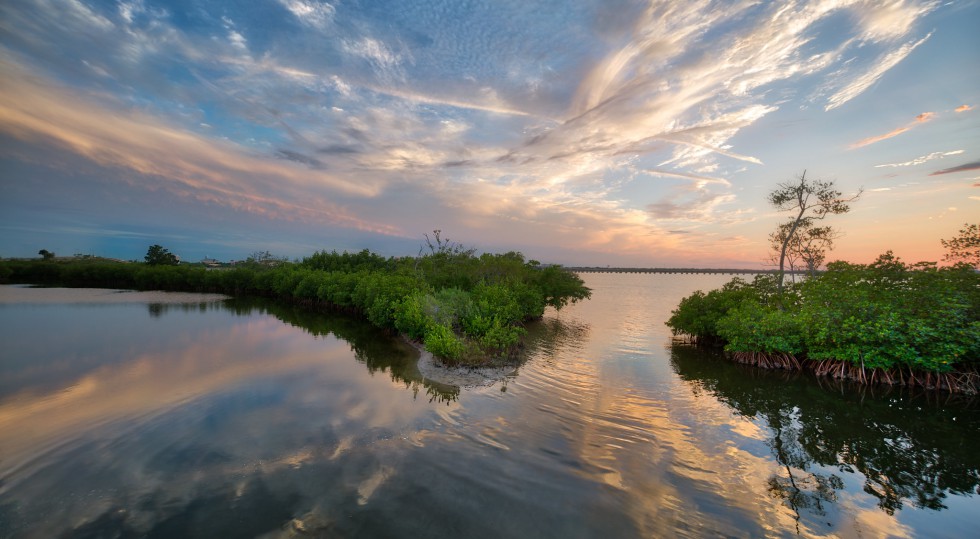From Restoration to Resilience: How the UN Decade Can Safeguard Water

A recent article in the Progressive Post Summer 2023 edition by Nidhi Nagabhatla, UNU-CRIS Senior Research Fellow, emphasises the significance of the UN Decade on Ecosystem Restoration in achieving water security. It underscores the need for ecosystem-based approaches and collaboration to restore riparian regions, address climate change impacts, and preserve biodiversity.
Key Highlights:
- Water security planning must consider ecosystems to restore riparian regions for biodiversity and water quality.
- Careful management of water resources is vital to tackle water scarcity and degradation caused by climate change.
- Access to safe and clean water is essential for drinking, sanitation, agriculture, industry, and ecosystem functioning.
- The UN Decade on Ecosystem Restoration complements the Sustainable Development Goals (SDGs) and commitments made at the UN Biodiversity Conference.
- The Decade emphasises co-creating and inclusivity, giving voice to those most impacted by climate risks and damage.
- Collective discussions at regional and national levels can translate the Decade agenda into concrete action.
- Water security challenges can benefit from the Decade's focus on ecosystem restoration, promoting coordination and protection.
- Integrated restoration-focused water security planning and conservation measures are necessary for sustainable water management.
- Collaboration and knowledge sharing among countries and communities are crucial for achieving a water-secure future.
- The article highlights the proposed Nature restoration law by the European Commission as an ambitious regional effort.
The UN Decade on Ecosystem Restoration is a significant step towards achieving water security. By prioritising ecosystem-based approaches, collaboration, and inclusive participation, societies can restore riparian regions, preserve biodiversity, and mitigate the impacts of climate change. This comprehensive restoration strategy paves the way for a sustainable future for both human societies and riparian ecosystems.
The Progressive Post is the political magazine run by the Foundation for European Progressive Studies (FEPS), gathering renowned thinkers, experts and activists from the world of politics, academia and civil society, providing a critical analysis of policies, and clarifying options and opportunities for elected leaders.




